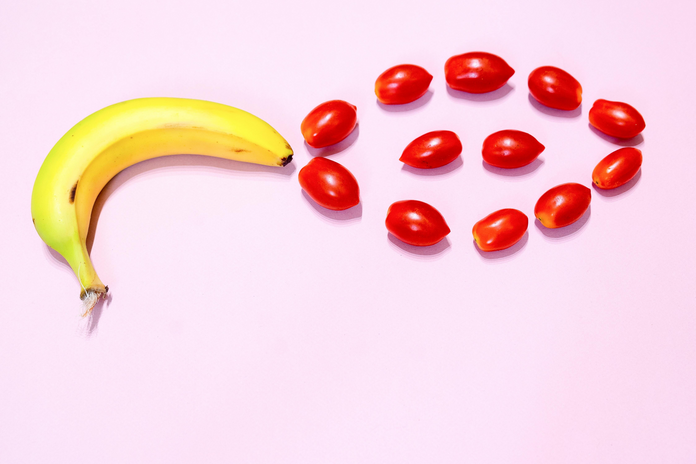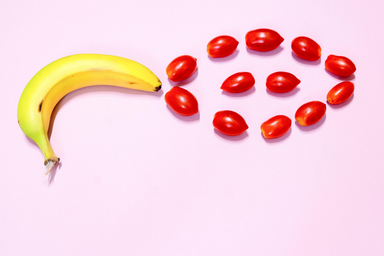The other day, I was procrastinating doing my homework by scrolling through TikTok when I saw a post that truly made me reconsider everything I’ve been taught as a woman. The video displays a woman named Cayce LaCorte responding to a basic parenting prompt: “Name something about the way you’ve raised your kids that people think is weird but you think is healthy.” I was not expecting the response LaCorte gave, but I am so glad she brought this to my attention (along with over 2 million others).
This mother teaches her daughters that virginity does not exist. It may seem baffling at first; what’s wrong with just a simple term? But once I really listened to her argument, I was sold. In the video, LaCorte describes virginity as a “patriarchal concept used to control women” and explains that it “serves no purpose, other than making women feel bad about ourselves.” A person’s value does not depend on whether or not they have had sex before — as LaCorte says, “[sex] should always be a big deal,” and “has nothing to do with your first time.”
Hearing this truly struck a chord with me. Off the top of my head, I can distinctly remember several times when women I know, including myself, were judged for being a virgin or not. I have even seen several people get their friends a cake with an exed-out “virgin” written on it to celebrate their first time, and I’m sure you have also seen this trend. This is not only unnecessary, but it is also foolish and childish.
Let me tell you this, my friends: the only purpose of the phrase “losing your virginity” is to elevate those who have had sex (I mean, really? A cake?), and it therefore undermines those who have not taken that step yet. Having sex for the first time is a big deal, but it isn’t a race to the finish line; the age at which you lose your virginity has nothing to do with how beautiful or appealing you are. Too often, people push the seriousness of sex aside because they are ashamed of still being a virgin.

Now, don’t get me wrong: there’s nothing wrong with sleeping around or hooking up; some women find it empowering to do so. But there is something wrong with having sex for the first time for the sole purpose of “getting it done” — the only explanation for wanting to have sex in Jo’s case is that she was tired of being a virgin. That’s why she was satisfied with the experience; not because it was a particularly good one or because she enjoyed herself, but because she didn’t want to call herself a virgin anymore. But when she got to university, she realized that plenty of people haven’t taken that step yet — and that’s completely okay.
Please, don’t give into society’s pressures. If there is one thing I’d like for you to take away from this article, it is this: have sex when you’re ready, not when society tells you it is acceptable, and teach others to do the same. Let’s save the cakes for birthday parties and erase the term “virgin” from our vocabularies.


